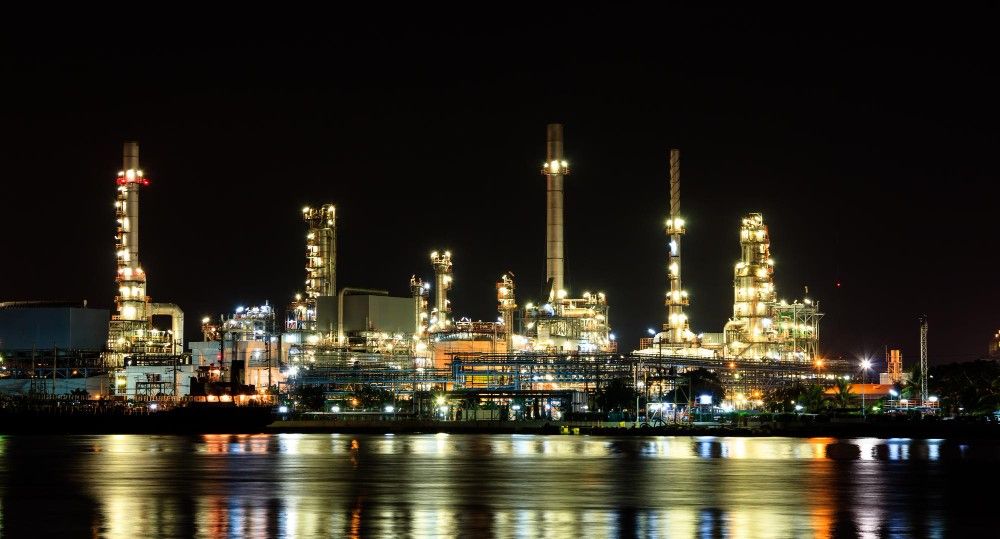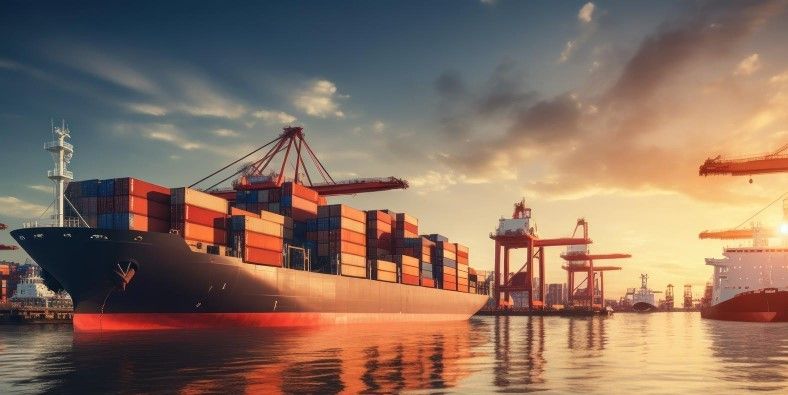The European chemical industry was recently thrown deeper into crisis by a declaration from LyondellBasell Industries that it is to launch a “strategic review of its multibillion-dollar olefin, polyolefin, and chemical intermediates operations in Europe.”
“At this stage, all options are being explored and no definitive decisions have been made,” said the announcement. “It is too early to anticipate any impact on our portfolio, organization or our employees.”
This means that the chemical manufacturer, the 2nd largest European chemical company, will sell, reinvest, restructure, mothball, and close any number of its European olefin and polyolefin facilities. LyondellBasell currently has an 18% share of this sector of the European market, but last year made a loss of $9 million from $9.8 billion in petrochemical product sales.

“There are about 40 crackers in Europe,” said LyondellBasell’s CEO, Peter Vanacker, when on a conference call with investors. “Close to half of them have a capacity that is lower than 500,000 tons per year.” This means, he explained that the majority of these are too small and/or too old to be competitive in today’s global petrochemical market. He therefore advised a period of reinvestment and consolidation where practical, and closures where unavoidable. This includes some or all of LyondellBasell’s facilities in Italy, England, Spain, Germany, France, and the Netherlands.
Laurence Alexander, a chemical industry investment analyst believes that LyondellBasell hopes “to streamline and focus on US-based assets.” He also estimates the company’s entire European petrochemical portfolio to be worth around $8 billion.
The statement from LyondellBasell follows BASF’s similar approach to the current chemicals business in Europe which saw the German chemical manufacturer cut 2,600 jobs in 2023, before announcing in last Autumn of a further $1.1 billion in cost savings to be made across the continent.
“The negative earnings at our Ludwigshafen site show the urgent need for further decisive actions here to enhance our competitiveness,” noted BASF CEO Martin Brudermueller just before stepping down to take a key role at Mercedes Benz. “It's serious because you can really see Europe lost competitiveness. But within Europe, Germany in particular lost competitiveness."

This news is in addition to ExxonMobil’s announcement in April that it too will downsize its European petrochemical operations by closing its ethylene cracker and derivatives facilities in Port-Jérôme-sur-Seine, France, later this year. As CE&N reported at the time, “The closure includes an ethylene steam cracker with 400,000 metric tons of annual capacity as well as downstream polyethylene and polypropylene plants. The complex has lost more than $530 million since 2018.”
“Despite efforts to reduce costs and improve the site’s economics, it is not competitive,” explained a company spokesperson. “The configuration of the steamcracker, its small size compared to newer units, high operating costs in Europe and higher energy prices make it uncompetitive.”
The closures are in large part due to overcapacity across the global petrochemical sector, mostly brought on by China’s rapid investment and the subsequent construction of a number of super-large chemical facilities, some of which have yet to go online, such as the 400,000-barrel a day Yulong refining and petrochemical complex which will open in 2025.
“China has indeed been the main source of capacity growth,” notes S&P’s Elliot. “With multiple integrated complexes coming onstream in a short period of time, multiple products have moved into an oversupply situation.”

Incredibly, China’s industrial chemical sector is now valued at more than $1.75 trillion and is growing each year by about the size of the entire Brazilian or Spanish chemical industry.
Such is the market condition in Europe that neither small or large chemical companies are safe from closures, mothballing, and downsizing.
“Last November [2023], Indorama Ventures said it would mothball its PTA plant in Portugal because it would be cheaper to buy the raw material it needs for PET,” noted a CE&Nreport at the time. Adding that, “Ineos recently decided to close a PTA unit in Belgium. JBF Global Europe, an affiliate of India’s JBF Industries, idled a PET plant adjacent to Ineos’s complex.”
Chemical industry analysts are not surprised by any of these moves, with the European petrochemical sector fighting inherent disadvantages in terms of raw material sourcing, regulatory restrictions, and Europe’s political desire to switch to a greener, cleaner, but in the short term more expensive, model for its chemical industry.
As Steve Lewandowski, a vice president at Chemical Market Analytics by OPIS, explains, the closing facilities simply weren’t profitable, and neither are many others in the region.
“We expect more shutdowns due to the overbuild over the last 4–5 years, and then more to come in 2027 and 2028 and beyond,” notes Lewandowski. “Big pieces are moving on the chess board and the higher cost, lower margin sites are fully exposed to this.”
Read more on this topic at The Troubles Caused by China’s Aromatics Boom or The Multiple Challenges Facing the European Chemical Industry
Photo credit: Freepik, Nuraghies, Wiroj Sidhisoradej, & Nuraghies